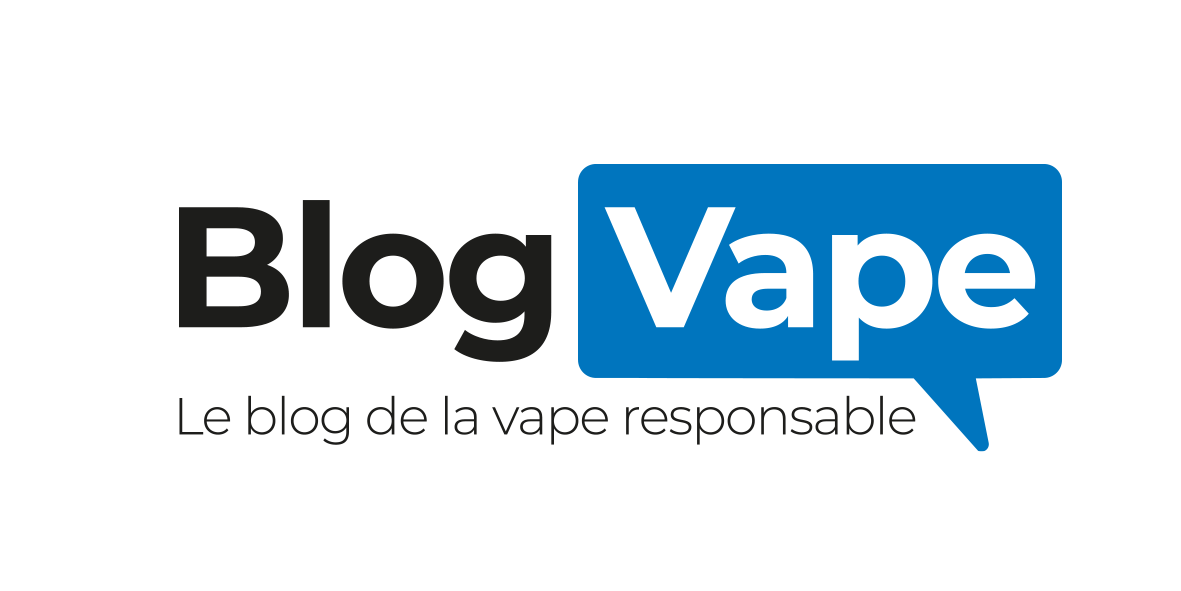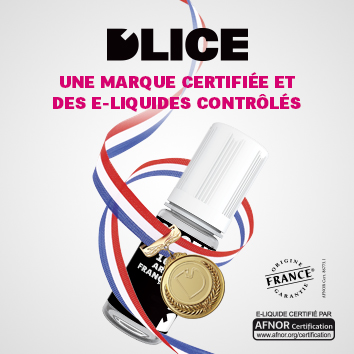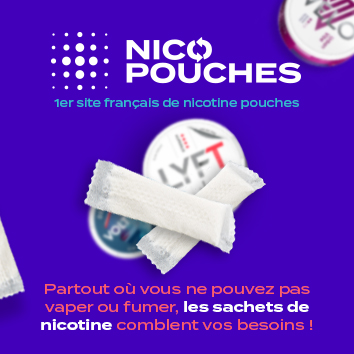Vaping advertising on social networks: 4 companies accused of misinformation

Four e-cigarette manufacturers have received warning letters from the FDA and the FTC (Federal Trade Commission). The two American regulators accuse the four companies of violating marketing legislation for nicotine-based products.
Social networks have become essential marketing tools for major brands, as young people are particularly susceptible to online messaging. The four companies in question, which are specialized in e-cigarettes, took advantage of various social networks to market their products. Thanks to influencers who are extremely popular amongst teenagers, the four companies are accused of trying to attract young customers: Solace Technologies, Hype City Vapors, Humble Juice Co. and Artist Liquids Laboratories.
The FDA and the FTC quickly responded to the release of these thinly veiled marketing campaigns, which failed to mention the potential dangers of nicotine contained in e-cigarettes. Since last August, while the promotion of vaping products on social networks has not been illegal, the messaging must be accompanied by a specific warning about the potential for nicotine dependence. Indeed, the lack of information about nicotine dependence is likely to mislead consumers, and so official warnings were sent to the four companies for omitting these important warnings.

Specialist vaping companies now under surveillance
Currently, American regulatory authorities are keeping a close eye on e-cigarette manufacturers. The authorities accuse these companies of inciting young people to vape without mentioning the subject of nicotine dependence in their messaging.
After years of fighting against tobacco addiction, health authorities are now facing an explosion in the number of vapers amongst young people. According to one study, the use of e-cigarettes amongst high schools went up by 78% in just one year.
Recently, the directors of Juul Labs were accused of trying to influence teenagers on Twitter. To avoid further FDA retaliation, the San Francisco-based company put a control mechanism in place to remove all publications touting the Juul device.






